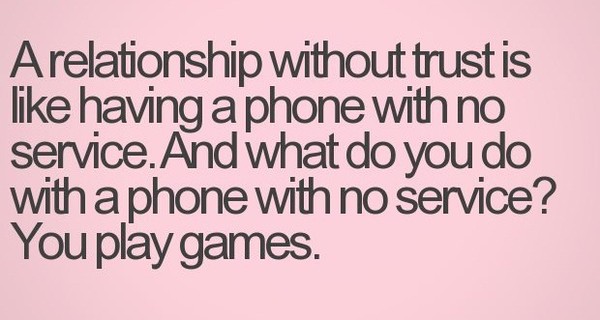Put yourself in the shoes of an at risk, vulnerable youth and any of the statements below could be true:
- There is sometimes food to eat and other times the fridge is bare
- You don't have running shoes that fit you for gym class
- Your gaurdian could not afford to purchase the medication you rely on to reduce your anxiety
- Your older brother was up all night partying with his friends and because of that you didn't get much sleep
- You waited up until your dad got home from his night shift because you wanted to see him
- Your parents were fighting before you left for school
- You have watched your parent or sibling doing drugs
What is one area that these students have in common MISTRUST. Rightly so, as an infant and child you need to trust that someone is going to feed you, love you, and provide your basic needs. When an infant/child has experienced trauma, loss or endured periods of time when their basic needs were not being met it can lead to mistrust of adults and peers. Mistrust is a valid response to feeling betrayed, abandoned or experiencing traumatic life events.

What improves student learning - positive relationships. What is at the essence of relationships - Trust!

Trust is the choice to be vulnerable and the ability to take risks in another person.
Creating a culture of trust in your school is essential for effective leadership and learning for ALL.
When a parent asks "Tell me about my child's learning?" or "What next?" They need to able to trust you as the teacher or administrator and know that you have the their child's best interest at the forefront of the decisions being made.
In Davis' Ted Talk he speaks of three drivers of trust:
1. Ability - does the person do what they say they are going to do. Does the person have the ability to do what they say they are going to do?
2. Benevolence - Do they care about me? If they really care about me it is more likely to trust in the person.
3. Integrity - having a set of values and living those values that other people agree with. Saying you are going to do something and doing it!
When you are trying to build trust with students, parents of special needs students or staff in your school it is important that leaders build the perception of their ability benevolence and integrity.

What improves student learning - positive relationships. What is at the essence of relationships - Trust!

Creating a culture of trust in your school is essential for effective leadership and learning for ALL.
When a parent asks "Tell me about my child's learning?" or "What next?" They need to able to trust you as the teacher or administrator and know that you have the their child's best interest at the forefront of the decisions being made.
In Davis' Ted Talk he speaks of three drivers of trust:
1. Ability - does the person do what they say they are going to do. Does the person have the ability to do what they say they are going to do?
2. Benevolence - Do they care about me? If they really care about me it is more likely to trust in the person.
3. Integrity - having a set of values and living those values that other people agree with. Saying you are going to do something and doing it!
When you are trying to build trust with students, parents of special needs students or staff in your school it is important that leaders build the perception of their ability benevolence and integrity.
How are some ways you can do that?
- By making promises you know you can keep!
- If you give your word that it will happen you better ensure it does!
- Do your best to live up to your commitments and be on time for your meetings!
- Show you care by asking questions, listening and celebrating!
- Continue your professional learning especially in Special Education so you know what you are talking about!

No comments:
Post a Comment
Note: only a member of this blog may post a comment.